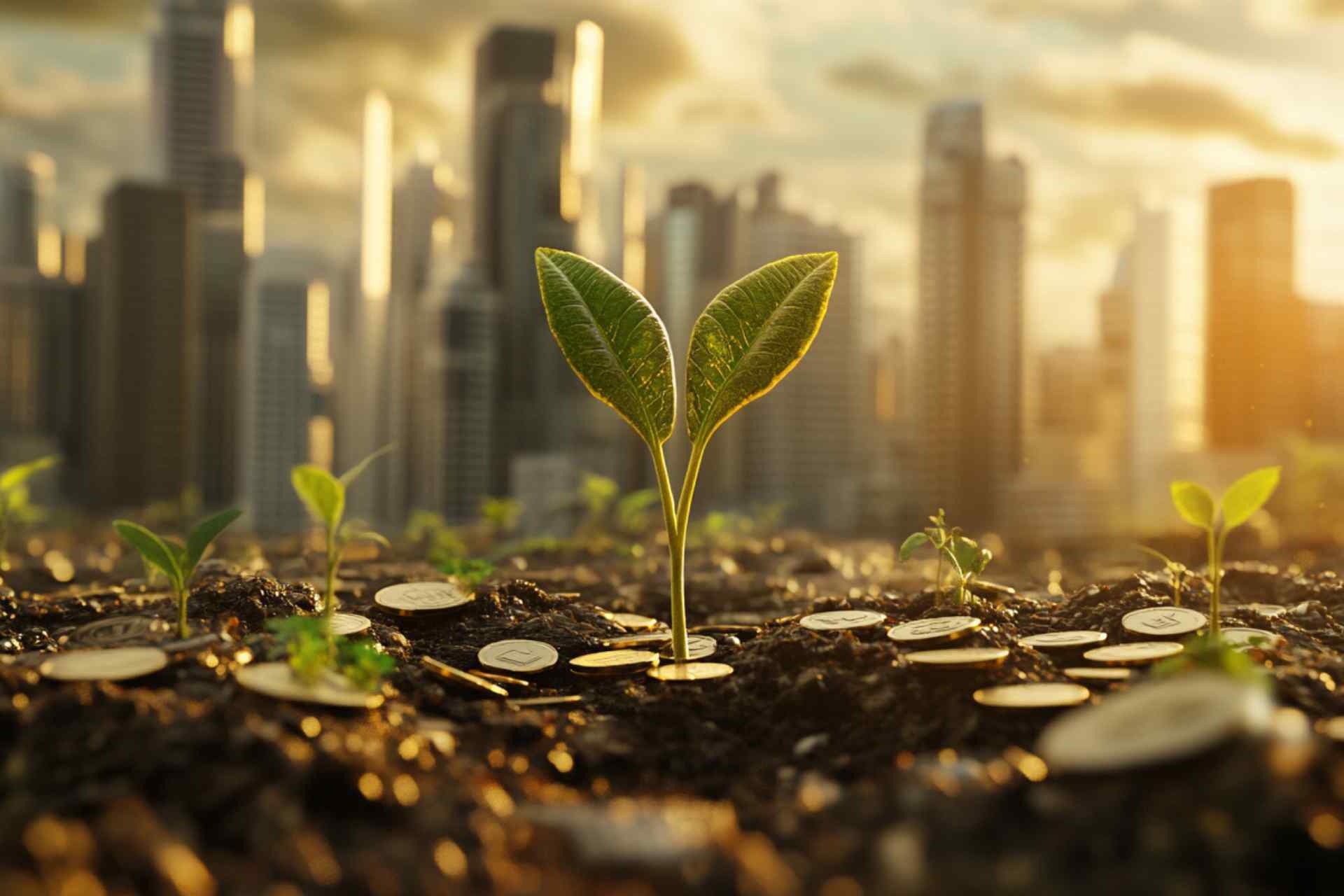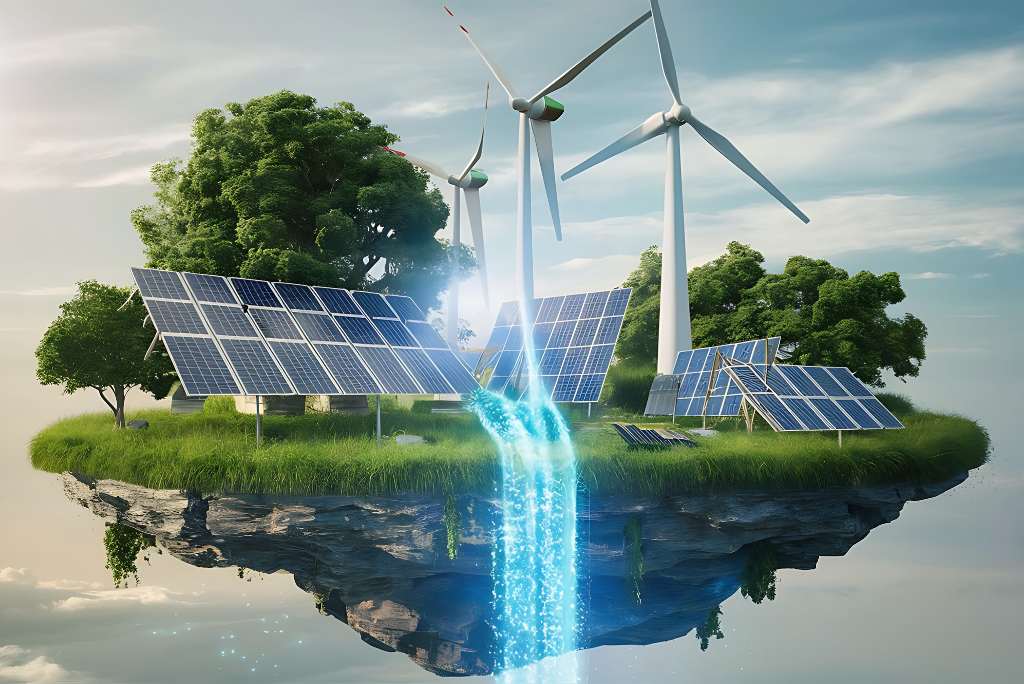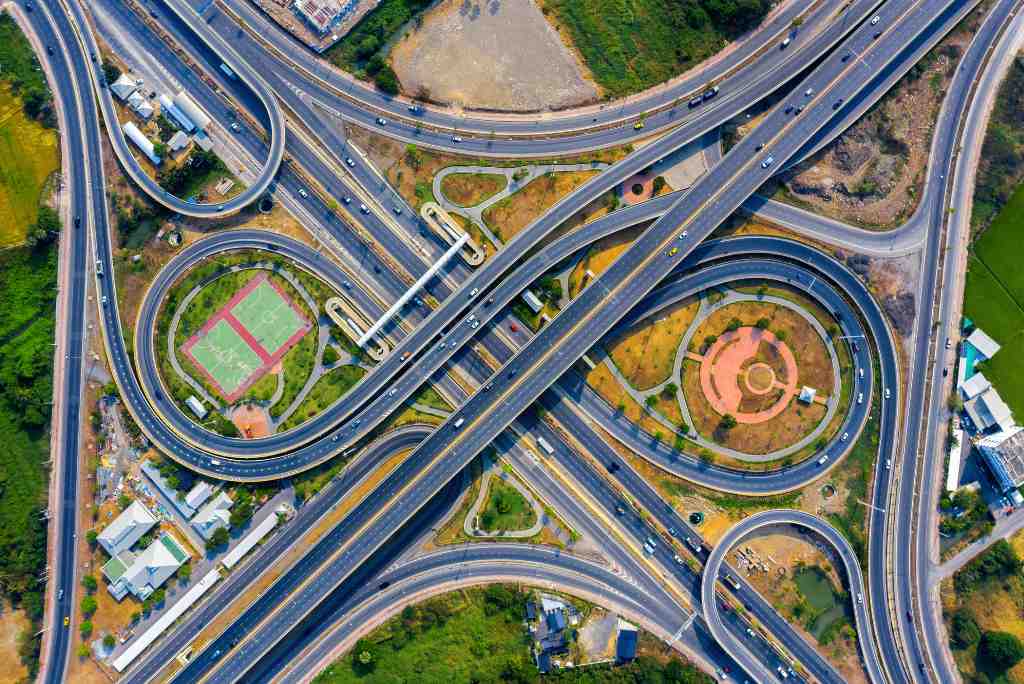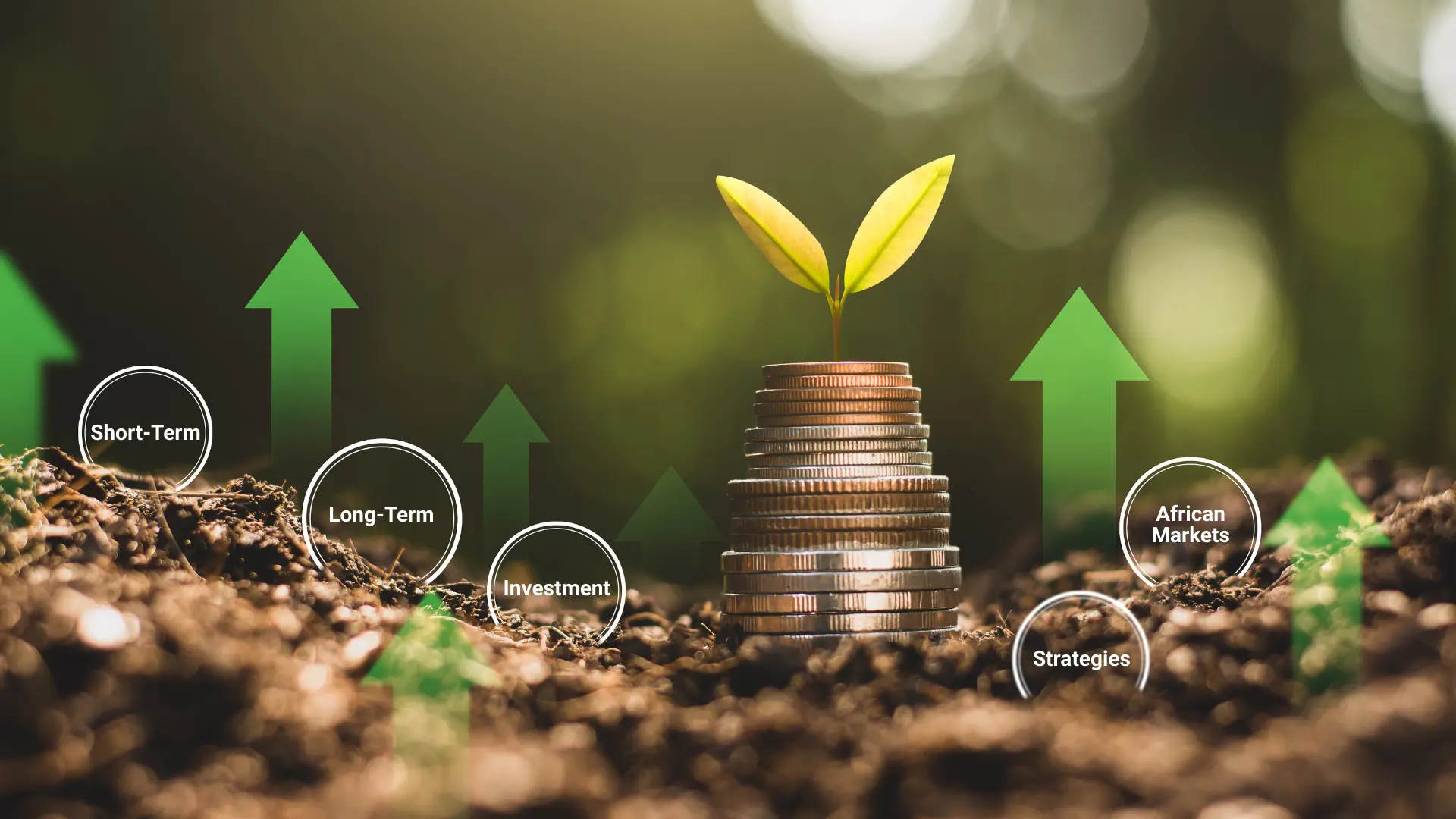
Let’s be honest, Africa isn’t just “rising” anymore. It’s moving. Fast. If you’re paying attention to the investment landscape this year, the continent feels like a place where big shifts are no longer just promised, they’re playing out in real time.
Between a boom in green energy, surging tech innovation, major infrastructure pushes, and a growing consumer base, Africa in 2025 looks like a canvas of bold bets and long-term plays. Of course, it’s not all smooth sailing. Political uncertainty, patchy regulation, and infrastructure bottlenecks haven’t disappeared. But for smart investors? There’s a serious opportunity to invest in Africa if you know where to look.
Let’s walk through the big themes reshaping the game.
Here’s something you probably didn’t hear enough about Africa’s renewable energy capacity jumped from 59 GW in 2022 to 67 GW by 2024. That’s not just growth, it’s momentum.

At COP28, African leaders teamed up with IRENA to launch the Accelerated Partnership for Renewables in Africa (APRA). The goal is to hit at least 300 GW of renewable capacity by 2030. Ambitious? Definitely. But not something out of reach.
Africa holds some of the richest reserves of minerals the world can’t live without, think lithium, cobalt, copper. These aren’t just geological assets anymore, they’re strategic. With global EV and battery demand exploding, both China and the West are showing up in force, pouring funds into exploration and processing.
Why it matters: Africa isn’t just talking about a clean energy future, it’s building it. This isn’t a speculative play. Solar, wind, hydrogen, and localized processing hubs? They’re already happening. If you’re betting on global decarbonization, you can’t ignore what’s brewing here. These are major sustainable investment opportunities in Africa.
Remember when African tech was all about mobile payments? Those days are long gone.
Africa’s digital economy is set to hit $300 billion by the end of 2025, powered by a surge in sectors like fintech, e-commerce, AgriTech, HealthTech, and EdTech. In 2023 alone, startups across the continent raised over $2 billion. Not bad, right?
What’s even more interesting is the rise of B2B software and digital infrastructure. Countries like Kenya, Nigeria, and South Africa are now buzzing hubs for AI, cloud services, and cybersecurity startups.
GITEX Africa 2025, landing in Marrakesh, will showcase the next wave, AI, cybersecurity, deeptech, and more. Expect VCs and institutional giants to be front and center.
Why it matters: The digital economy isn’t a sideshow, it’s fast becoming Africa’s economic engine. Data centers, AI tools, cybersecurity platforms… this is about building the backbone of future commerce and governance. And it’s only getting started. These are some of the most exciting business opportunities in Africa today.
Infrastructure isn’t a show. But it’s essential.
From mega projects like LAPSSET in Kenya to key railway links like Mombasa–Nairobi and Abuja–Kaduna, the continent is laying down real foundations. The African Continental Free Trade Area (AfCFTA), already signed by over 48 nations, is expected to push intra-African trade up by 32% before 2035. That’s not a small change.

Meanwhile, Kenya’s Konza Technopolis is progressing into its third development phase in 2025. Think clean energy, smart mobility, and innovation zones, not a bad look for East Africa’s digital ambitions.
Why it matters: Urbanization is exploding. By 2026, more than 720 million Africans will live in cities. Infrastructure isn’t just about roads and bridges, it’s about enabling trade, productivity, and daily life. And for investors? It’s a long-term play with compounding returns.
Let’s talk numbers. Nine of the world’s top 20 fastest-growing economies in 2025 are in Africa, according to the IMF. Rwanda, Ethiopia, Tanzania, Côte d’Ivoire, all expected to clock in over 6% growth.
In South Africa, post-election calm and cooling inflation have lifted investor spirits. Business confidence? Sitting at 115.8 as of May 2025. That’s a major shift from just a year or two ago.
We’re also seeing signs of IPO activity picking up, especially in South Africa and Nigeria. Egypt, on the other hand, has been an FDI magnet, pulling in nearly $10 billion in 2023 alone.
Why it matters: Africa’s capital markets are starting to flex. Equity and debt issuance is on the rise, and there’s real depth forming in key sectors like banking, telecom, and consumer goods. If you’re into public markets, now’s a good time to get curious.
Sure, climate finance has a long way to go, but progress is real. Between 2021 and 2022, annual climate-related funding to Africa nearly doubled to $44 billion. Still, that’s just 18% of what’s actually needed.

To help close the gap, a $1 billion Climate Adaptation Platform launched at the 2025 Davos Forum. The idea? Catalyze $5 billion in private investment with support from local banks and development partners.
On the health front, it’s been a breakout period for African HealthTech. Telemedicine, diagnostics, even pharmaceutical manufacturing, all seeing action, especially in South Africa and Morocco.
Why it matters: This is where impact meets opportunity. Climate resilience and healthcare aren’t just ESG buzzwords, they’re critical to Africa’s long-term stability. And investors are waking up to that. And they offer some of the best sustainable investment opportunities in Africa.
Here’s something that still surprises people, Africa holds 60% of the planet’s uncultivated arable land. Yet, it still imports over $100 billion worth of food each year. That’s a massive disconnect and an even bigger opportunity.
Precision farming, better irrigation, and digital agri-supply chains are gaining traction. And then there’s the consumer side. With a middle class on the rise, Africa’s spending power is projected to hit $2.1 trillion by 2025.
We’re seeing real investment into sectors like FMCG, housing, and education. It’s not flashy, but it’s stable and growing.
Why it matters: This is the beating heart of Africa’s economy. Agribusiness, retail, housing, these are the sectors that touch millions of lives. And they offer some of the most resilient returns around. And they offer some of the most resilient business opportunities in Africa.
Let’s keep it simple:
Diversify like a human, not a spreadsheet.
Use blended finance tools.
DFIs, diaspora bonds, green and health-linked instruments can help you de-risk and tap into larger opportunities.
Find strong local partners.
Work with local fintechs, logistics players, and operators. It’s not just about money, it’s about execution.
Stay tuned in to the macro noise.
Elections, currency moves, trade shifts, they all matter. Knowing the terrain means knowing when to move.
Think long-term. Think beyond resources.
Africa isn’t just a commodity play. It’s a story of urban life, digital transitions, and a service economy waiting to scale.
Africa in 2025 isn’t a monolithic opportunity, it’s a mosaic. Yes, it’s complex. But it’s also full of potential.
If you’re willing to be thoughtful, patient, and present, this is one of the most exciting regions on the planet for long-term investment. The question is: will you be part of the transformation or watch from the sidelines?
Because here’s the thing—the African century is already underway. You just need to look closely to see it.
Sources:
1. What are the best investment opportunities in Africa for 2025?
Africa in 2025 is a hotbed of opportunity but it really depends on what kind of investor you are. If you’re looking for long-term growth with impact, green energy and critical minerals are leading the charge, thanks to rising demand for clean tech and EVs globally. Tech and digital platforms especially in fintech, health, and education are exploding across markets like Nigeria, Kenya, and South Africa.
More of a steady-play investor? Agribusiness, consumer goods, and urban infrastructure offer consistent returns in a continent where the middle class is growing fast. And don’t overlook capital markets, IPOs and bond activity are picking up, especially in more stable economies.
So, best opportunities? They’re not in one place. They’re across a smartly diversified portfolio.
2. Which African countries offer the highest ROI for investors in 2025?
There’s no one-size-fits-all answer, but a few countries are definitely standing out in 2025.
Rwanda, Ethiopia, Tanzania, and Côte d’Ivoire are leading the pack in economic growth, each projected to grow at over 6% this year. If you’re after frontier markets with upward momentum, those are ones to watch.
South Africa, despite its ups and downs, is regaining investor confidence post-2024 elections. The business sentiment is improving, and capital markets are looking more attractive. Nigeria and Egypt are also pulling strong FDI flows, especially in energy, tech, and infrastructure.
Of course, ROI depends on risk tolerance too. Higher return often comes with a bumpier ride but for the right strategy, it can be more than worth it.
3. What sectors are attracting foreign direct investment in Africa in 2025?
In 2025, FDI is flowing into sectors where transformation is already visible or urgently needed.
Green energy and critical minerals are a magnet for investment, driven by global decarbonization goals. Countries with rich lithium, cobalt, and copper reserves are seeing serious activity from both China and the West.
Then there’s technology from fintech to AI and cloud services, investors are backing Africa’s digital leap. Add infrastructure, smart cities, and logistics, and you’ve got a trio that’s shaping the continent’s backbone.
Surprisingly (or not), healthcare and climate adaptation are rising fast too, with blended finance and ESG-focused capital stepping in.
Long story short, investors aren’t just chasing profit. They’re putting money into the systems that will define Africa’s next decade.
4. What role does infrastructure development play in Africa’s investment growth?
Infrastructure is the unsung hero of Africa’s economic story. Without it, nothing moves, literally.
Think of it this way: you can’t trade across borders if there aren’t proper roads, ports, or railways. You can’t grow tech ecosystems without data centers and stable electricity. You can’t scale agribusiness if rural areas aren’t connected to urban markets.
So yeah, infrastructure is everything.
Projects like LAPSSET in Kenya, the AfCFTA integration, and cities like Konza Technopolis are more than just blueprints, they’re signals. They show where governments and investors are aligning, and where long-term value can be unlocked.
For investors, infrastructure development isn’t just about public works, it’s a gateway to broader economic participation and growth.
5. Are there any government initiatives boosting investments in Africa in 2025?
Definitely and some of them are game-changers.
Many African governments are leaning into public-private partnerships (PPPs), offering better frameworks for foreign investors. The AfCFTA is arguably the biggest policy shift, creating a unified trade market across 50+ countries. That alone is pushing investor interest through the roof.
Then there are sector-specific incentives, like tax breaks for renewable energy, digital infrastructure, and agritech ventures. Countries like Kenya, Ghana, and Morocco are rolling out investment hubs, while South Africa is streamlining regulations post-election.
And don’t forget international collaborations. Platforms like the Climate Adaptation Fund and the APRA initiative (for renewables) show that African leadership is actively shaping investor-friendly environments.
In short, yes, the political will is there and it’s making a real difference.

Africa is increasingly catching serious attention from investors around the world. For many countries, growth prospects remain strong: improving economic fundamentals, demographic tailwinds, rising consumption and infrastructure gaps make for a compelling growth narrative. But, along with potential comes volatility: currency swings, shallow markets, uneven regulation. That volatility forces a choice, do you try to […]

If you’re exploring investment opportunities in Africa, bonds are usually one of the first stopovers. The continent’s growth story, shifting interest-rate cycles, and rising corporate issuances mean there’s real activity for anyone looking to invest in Africa. But here’s the thing: not all bonds play by the same rules. Government debt and corporate paper behave […]

Introduction Agribusiness and mining are two of Africa’s biggest economic engines. One feeds the continent and supports nearly half of its workforce. The other powers global supply chains with the minerals needed for batteries, electric vehicles, and renewable energy. The real question for investors is simple: which one will drive Africa’s next decade of growth, […]